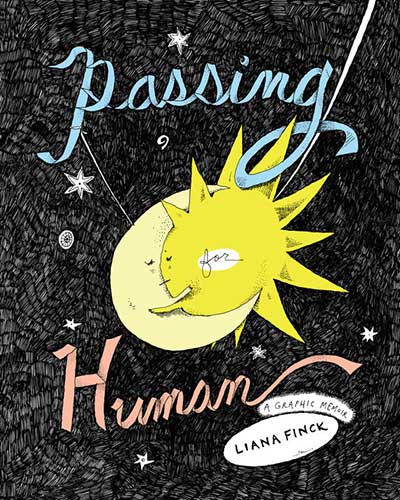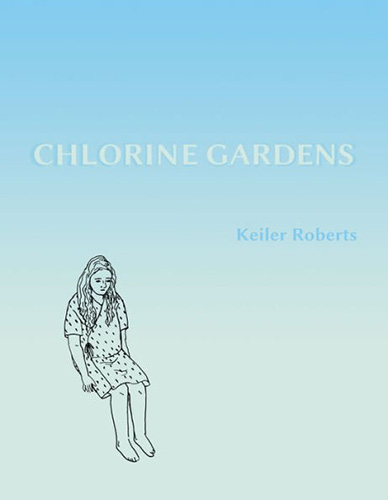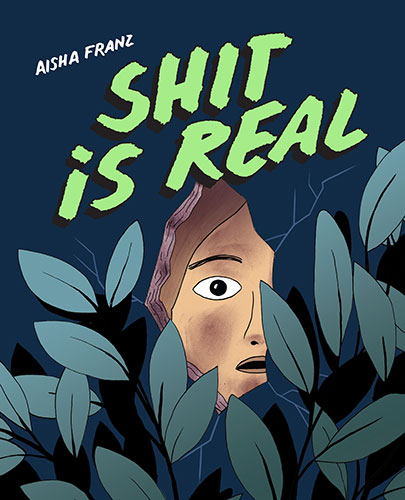I’m a cartoonist. I do read prose, but there are a lot of great literary comics out there that deserve a wider audience, and I thought I would use this space to highlight some that I’ve read recently.
On the Camino by Jason (Fantagraphics)
If you’ve read Fun Home or Maus, your idea of a memoir comic probably includes a lot of narration. Jason is on the opposite end of that spectrum, although not quite as far as the old silent Frans Masereel woodcut stories. A Norwegian cartoonist who lives in France*, most of his books are collections of short literary fiction. This is his first autobiographical work, and it takes place during his journey walking El Camino de Santiago in Spain. His comics are less like a film and more like a play. The “shots” stay at a middle distance and the pacing is slow and methodical. He doesn’t make grand prose statements – meaning builds as scenes layer. If you’re open to trying a different kind of comic, something that is less about downloading information to the reader and more about the experience of reading in this medium, I think Jason is a wonderful place to begin.
*I don’t know about Jason’s circumstances specifically, but a lot of cartoonists end up in France because the French have a great respect for comics as an art and literary form. American cartoonist Robert Crumb, for instance, now lives in a chateau in France.
Virus Tropical by Powerpaola (2D Cloud)
I took this book home knowing little about the contents; I just trust the publisher to put out worthwhile work. 2D Cloud is a wonderful small Midwestern press that focuses on comics and art books, but they always deliver on both form /and/ content. Virus Tropical is a memoir about growing up in Colombia during the ’80s and ’90s. Powerpaola’s visual language is idiosyncratic and might feel “naive” if it wasn’t both internally consistent and perfectly suited to the material. I love coming of age films, in large part for the scenes where we get to see all the posters and books in a protagonist’s bedroom. This comic accomplishes that, but more like a novel, as there is a single hand writing and drawing this thing. We actually get to see all the strange objects and visual details in the author’s world, drawn in her own hand, that would require a Balzac level of detail in prose.
Passing for Human by Liana Finck (Random House)
Liana Finck’s drawn line is becoming a guiding light for me. It’s economic but shaky, like an anxious Saul Steinberg. I first found her work through social media, where she reaches out to the world most days by posting bite-sized comedic moments. Her wit is incredible, but I didn’t know how these small drawings would translate into a book. The gag form and the graphic novel are really two different monsters. It turns out her long-form storytelling is just as effective, and so I’m slowly savouring this book. Her scrapey blacks seem to vibrate off the page and the contrasting darks and lights guide you through it. The drawings feel direct, as if she made them right on a litho plate. It beckons me to drop the pretences in my own drawings.
Chlorine Gardens by Keiler Roberts (Koyama Press)
Keiler Roberts has a great ear for language and a bone dry sense of humor. I’ve read every book by her that I can get my hands on and loved each one. Her work is autobiographical and often deals with parenting and domestic life, with the weird but true things her kid or husband or parents say. The book opens with a full-page drawing, with her character looking at an instructional sign in a spa, asking her friend to “Help me memorize that sign.” Scattered throughout the book is commentary about the nature of living life in order to remember it and write it down. Her vigilance pays off and I am grateful for it.
Shit is Real by Aisha Franz (Drawn & Quarterly)
Strangely, this is the only piece of pure fiction on this list. I’ve seen a lot of comics that try to deal with our technology-mediated lives. Most end up with something vapid or rote. Yes, we feel alienated, we know, we know. You have to go beyond telling me how the internet makes you feel bad. Please. Get weird. Shit is Real gets really weird. Time and space are fragmented and scenes are sometimes hallucinatory. Aisha’s incredible pencil drawings manage to have a super contemporary aesthetic, one you might expect to see dripping off of objects at an art book fair, but the book remains honest and character driven, centered around friendship. If the drawings suck you in, the story will keep you there




